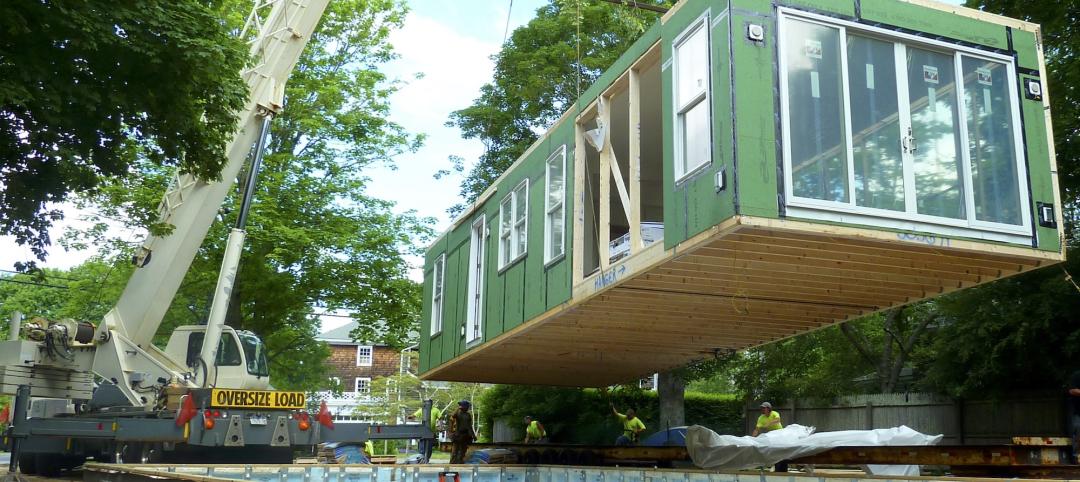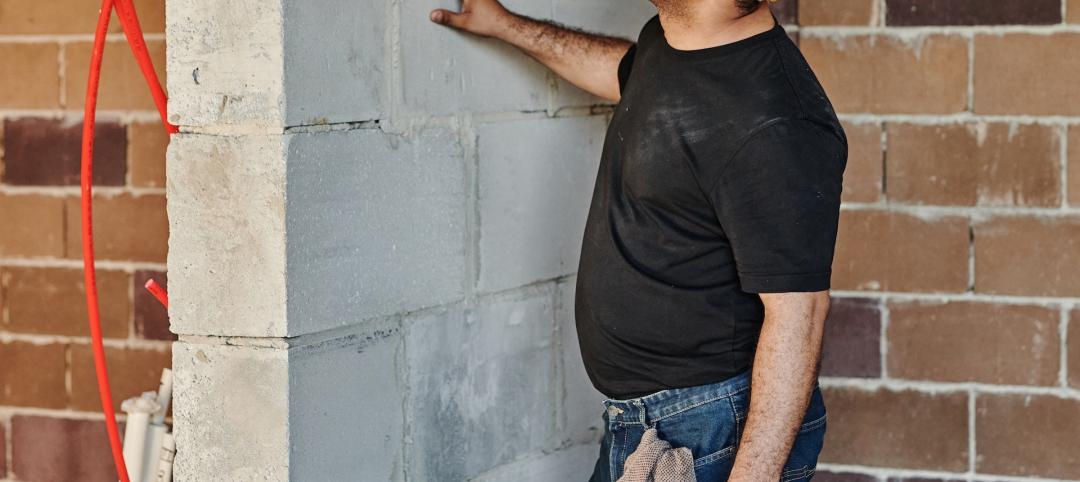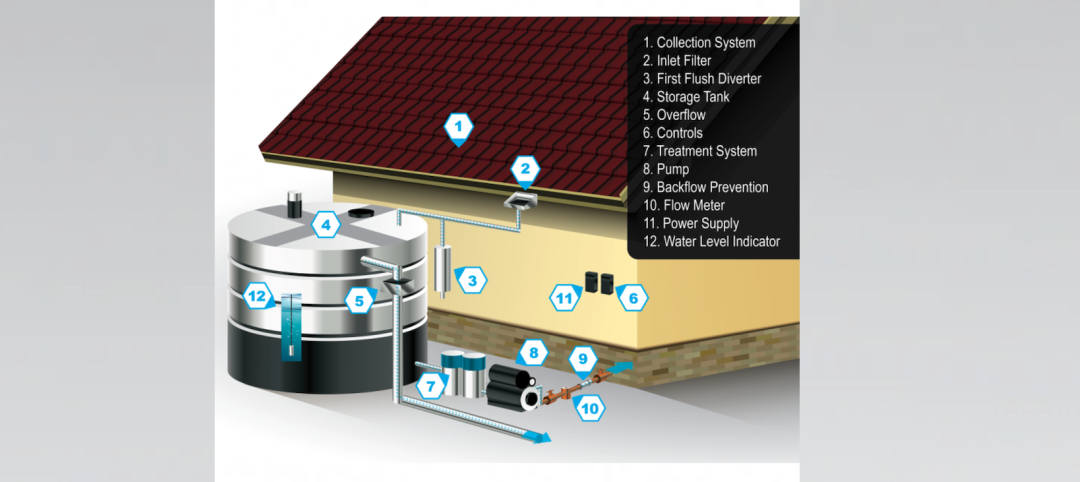Smart building technology is producing energy savings of 8% to 18% in the commercial building sector, according to a new report by the American Council for an Energy Efficient Economy.
While large showcase buildings have been the first to deploy smart building technologies, the potential for savings is great among other subsectors including Class B offices, small chain and independent retail stores, middle-tier franchise hotels, and regional nonteaching hospitals, the report says. Here’s how ACEEE assesses savings potential in these sectors:
· Offices (18% average savings) Occupancy sensors, smart thermostats, and HVAC and lighting controls can help reduce energy usage in unoccupied offices, conference rooms, and other spaces. Smart systems have been shown to improve worker productivity and even increase property value, ACEEE says.
· Retail stores (14% average savings) Smart energy management systems, thermostats, and lights can help reduce energy consumption and create a more comfortable and attractive environment for customers. Some occupancy sensors, like indoor positioning systems, can also provide a retailer with valuable data on customer behavior in the store.
· Hotels (8% average savings) Guest management systems and mobile check-in can work hand in hand with energy-saving smart technologies that control guest room HVAC systems and window shading. Smart controls can also help reduce energy from lighting and HVAC in conference areas and pumps in pool and spa areas.
· Hospitals (14% average savings) Smart technologies can help address the long operating hours and high equipment loads in hospitals. For instance, smart lighting systems can reduce energy use and increase patient comfort by better matching light output to occupancy and user needs. Without wasting energy, smart sensors and ventilation controls can maintain the ventilation needed to prevent the spread of diseases.
Related Stories
Sustainability | Feb 9, 2023
New guide for planning, designing, and operating onsite water reuse systems
The Pacific Institute, a global nonpartisan water think tank, has released guidance for developers to plan, design, and operate onsite water reuse systems. The Guide for Developing Onsite Water Systems to Support Regional Water Resilience advances circular, localized approaches to managing water that reduce a site’s water footprint, improve its resilience to water shortage or other disruptions, and provide benefits for local communities and regional water systems.
Sustainability | Feb 9, 2023
University of Southern California's sustainability guidelines emphasize embodied carbon
A Buro Happold-led team recently completed work on the USC Sustainable Design & Construction Guidelines for the University of Southern California. The document sets out sustainable strategies for the design and construction of new buildings, renovations, and asset renewal projects.
Codes and Standards | Feb 8, 2023
GSA releases draft of federal low embodied carbon material standards
The General Services Administration recently released a document that outlines standards for low embodied carbon materials and products to be used on federal construction projects.
Multifamily Housing | Feb 3, 2023
HUD unveils report to help multifamily housing developers overcome barriers to offsite construction
The U.S. Department of Housing and Urban Development, in partnership with the National Institute of Building Sciences and MOD X, has released the Offsite Construction for Housing: Research Roadmap, a strategic report that presents the key knowledge gaps and research needs to overcome the barriers and challenges to offsite construction.
Codes and Standards | Feb 1, 2023
New Jersey to allow private firms to conduct construction inspections
New Jersey recently passed a law that will allow towns to supplement construction code enforcement with help from the private sector. The legislation, which received bipartisan support, also allows municipalities to enter into shared service agreements with neighboring towns for construction inspections.
Standards | Jan 31, 2023
Standard establishes best practices for rainwater and stormwater harvesting system
The market is seeing an increasing number of residential, commercial, and industrial rainwater and stormwater systems being installed.
Green | Jan 26, 2023
Corporations fall short on climate pledges by failing to embed net-zero actions into operations
Many corporations are failing to implement simple, practical steps needed for them to hit their stated decarbonization goals, according to a survey of more than 300 operations managers across key industrial sectors including construction, energy, and chemicals in the U.S., U.K., and Germany.
K-12 Schools | Jan 25, 2023
As gun incidents grow, schools have beefed up security significantly in recent years
Recently released federal data shows that U.S. schools have significantly raised security measures in recent years. About two-thirds of public schools now control access to school grounds—not just the building—up from about half in the 2017-18 school year.
Concrete | Jan 24, 2023
Researchers investigate ancient Roman concrete to make durable, lower carbon mortar
Researchers have turned to an ancient Roman concrete recipe to develop more durable concrete that lasts for centuries and can potentially reduce the carbon impact of the built environment.
Government Buildings | Jan 9, 2023
Blackstone, Starwood among real estate giants urging President Biden to repurpose unused federal office space for housing
The Real Estate Roundtable, a group including major real estate firms such as Brookfield Properties, Blackstone, Empire State Realty Trust, Starwood Capital, as well as multiple major banks and CRE professional organizations, recently sent a letter to President Joe Biden on the implications of remote work within the federal government.

















